Market Trends
Key Emerging Trends in the Retail Bags Market
Retail Bags market is witnessing major trends, which reflect the changing nature of consumer tastes driven by awareness towards conservation alongside contemporary retail methods. One of the most noticeable trends is an increased interest in eco-friendly and sustainable retail bags. However, environmental awareness rise soon after the availability of alternatives to plastic bags. The retailers are meeting this challenge by implementing biodegradable, reusable and recycled materials for their bags which shift to the global trend of green practices and ultimately leads in plastic waste reduction. In retail bag market, personalization plays a major role as retailers realize the value of providing customers with an individual and enjoyable shopping experience. Branded bags stylized with brand logos, colors and patterns improve awareness of brands and build a consistent corporate identity. However, this continues with personalized messaging and innovative packaging allowing retailers to reach consumers on an individual basis and make them remember. E-commerce is making retail bags change their form and function. With the skyrocketing popularity of online shopping, retailers are increasingly modifying their packaging to meet efficient and secure product delivery. Consequently, e-commerce friendly bags with tamper evident seals, easy open functions and compact designs are becoming popular factors that indicate the dynamic nature of retail. To meet the need for convenience and flexibility, retailers are adopting multi-purpose grocery bags. Currently, tote bags that can turn into backpacks or useful foldable ones are trendy reusable shopping bags. This development not only increases the functionalism of retail bags but reflects also what consumers prefer in their products that give more than just function. Technology contributes to the Retail Bags market, especially with regards to smart packaging solutions. Interactive packaging, QR codes and even elements of augmented reality which can be found on retail bags give consumers more information or promotional content in some cases as they lead to interactive experiences. This development improves the entire shopping experience and provides retailers with innovative ways to interact with tech-savvy customers. Design and messaging of retail bags is an emerging trend in introducing inclusivity and cultural sensitivity. Retailers are realizing that diversity should be reflected in their branding and packaging to support inclusion. That trend consists of using the bags with varied images on, inserting inclusive messages, and not utilizing stereotypes to improve inclusiveness for consumers from all spheres.


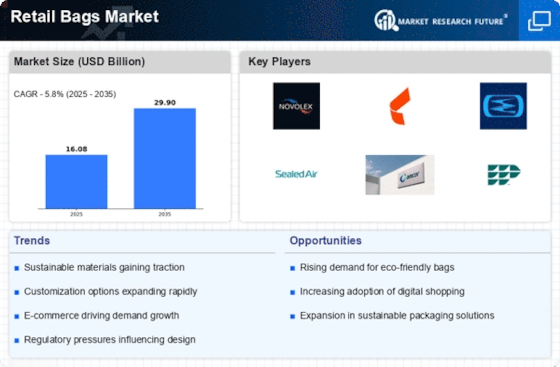
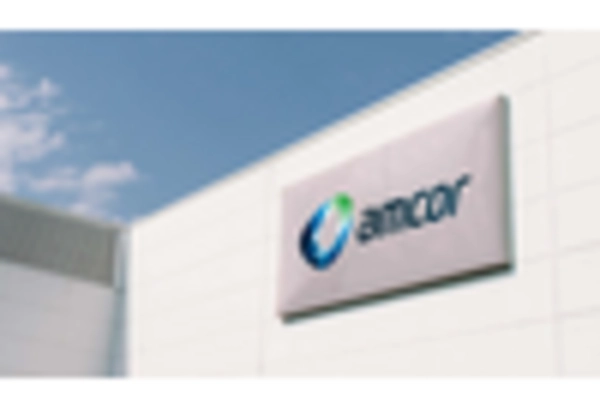
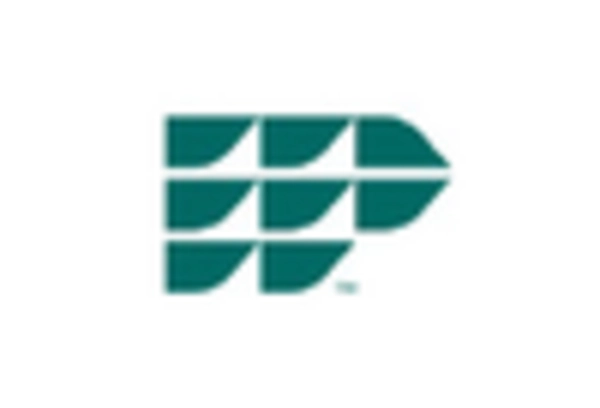
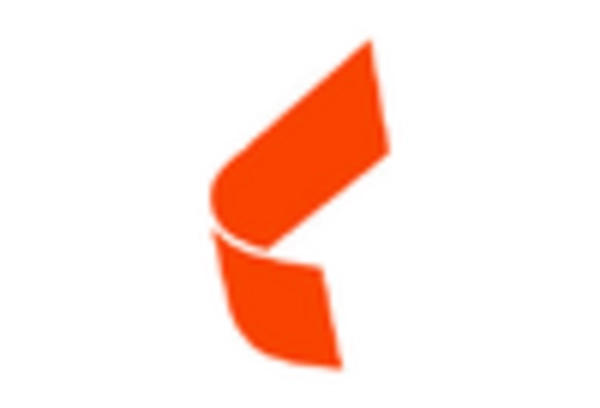
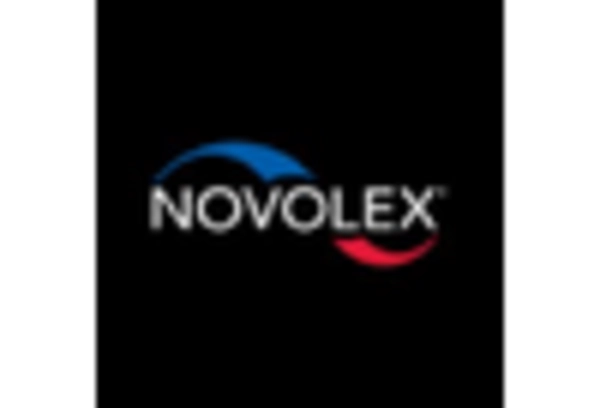
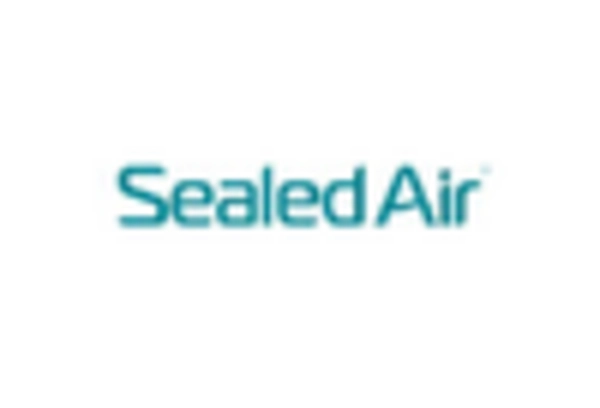
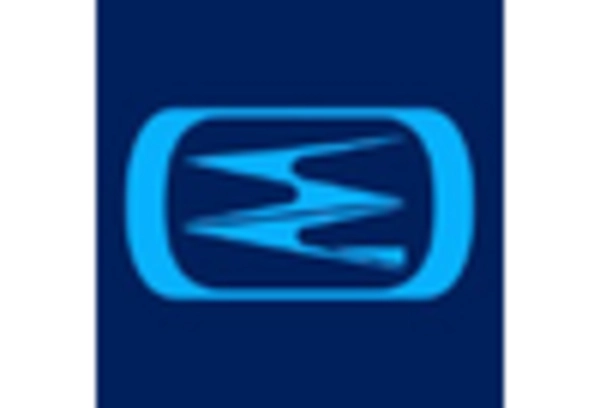









Leave a Comment